Questions and Answers
The Questions & Answers category tackles the most common (and uncommon) inquiries from beginner to advanced beekeepers. From “Why are my bees bearding?” to “When should I harvest honey?”—we break down the what, why, and how with clear, practical guidance straight from the hive. Got a question? Chances are, we’ve covered it here.

Where Should I Put My Bee Hive?
Finding the right spot to place your bees is very important. It's hard to move bees from one location to another if you don't have a large property. Use our...
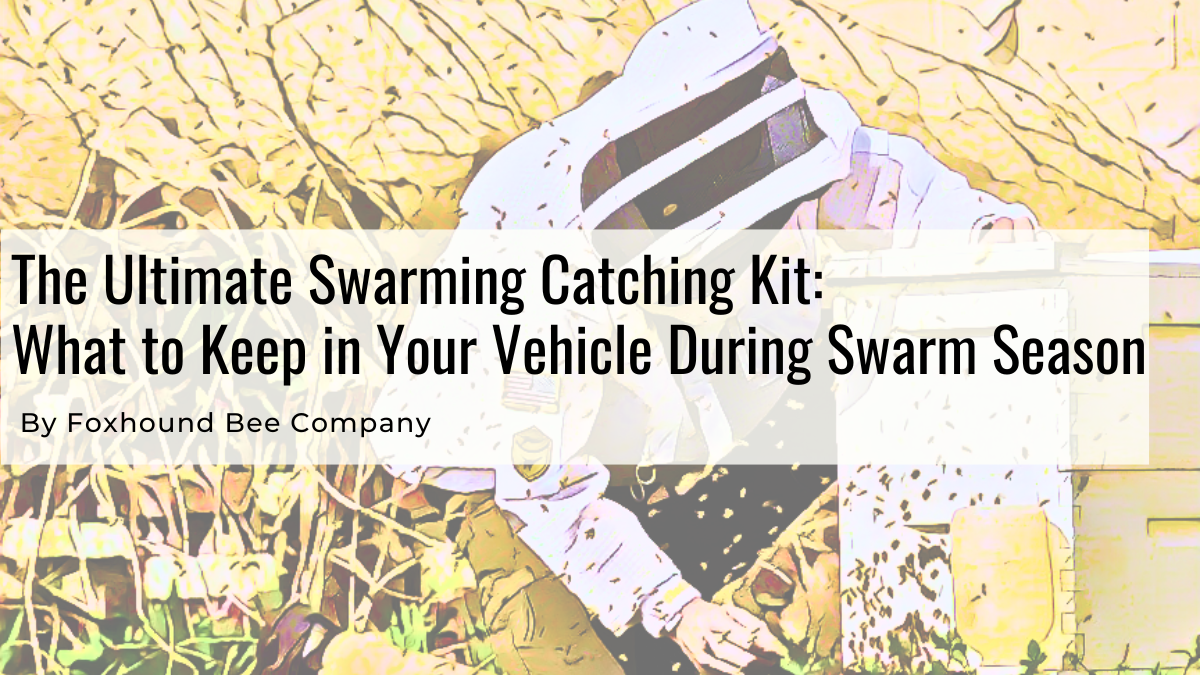
What to Keep in Your Vehicle During Swarm Season
Be Ready for Swarm Season: Your Go-To Swarm Catching Kit Guide Stay prepared this spring with The Ultimate Swarm Catching Kit Guide from Foxhound Bee Company. This field-tested resource walks...

Packages Or Nucleus Hives, Which Is Better?
When starting a beehive, one of the first decision beekeepers face is to start with package bees or a nucleus hive. Both can be a good option.

Nectar Dearth: What Beekeepers Should Know
Discover what you need to know about a honey dearth and what beekeepers need to do about to help keep them alive during a nectar dearth

What Is A Nectar Flow?
Honeybees are very industrious creatures. They work tirelessly to gather the nectar from a plethora of flowers, which they then convert into honey and store in their hives for safekeeping...

How To Install A Nuc Of Bees – Step By Step Guide
Our how to Install a nuc guide and video provides an instructional walkthrough for hive installation, a must-read for beginner beekeepers.
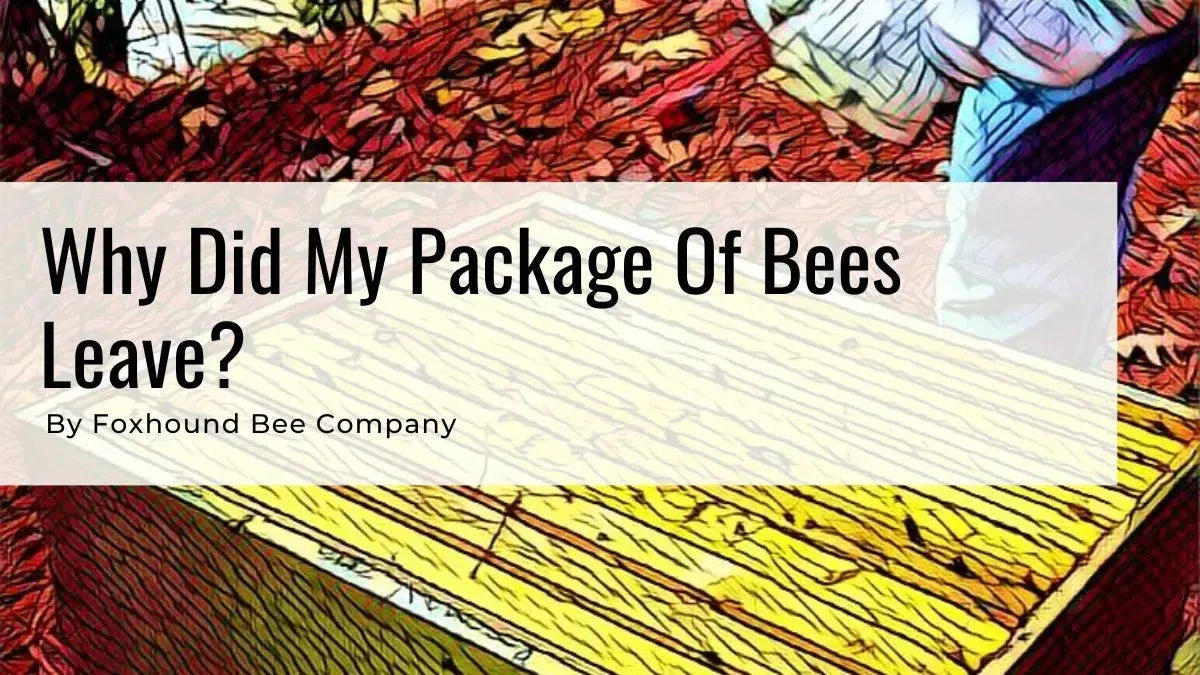
Why Did My Package Of Bees Leave?
Package bees may leave a new hive if they dislike it. Absconding happens when bees find their setup unsuitable. To fix, try attracting them back or buy a Nuc.

What Happens To Bees In Freezing Weather?
Winter is pretty hard on animals, and while we may not think about it much, honeybees and other insects have to survive the cold each year.

What Do Bees Do In The Winter?
Believe it or not, bees do not make honey year around. The winter is the "off-season" for a beehive and they concentrate on staying warm.

What Is A Swarm Of Bees?
A swarm of bees is a natural and fascinating process. Learn why bees swarm, what to do when you see one, and how to manage or prevent swarming.
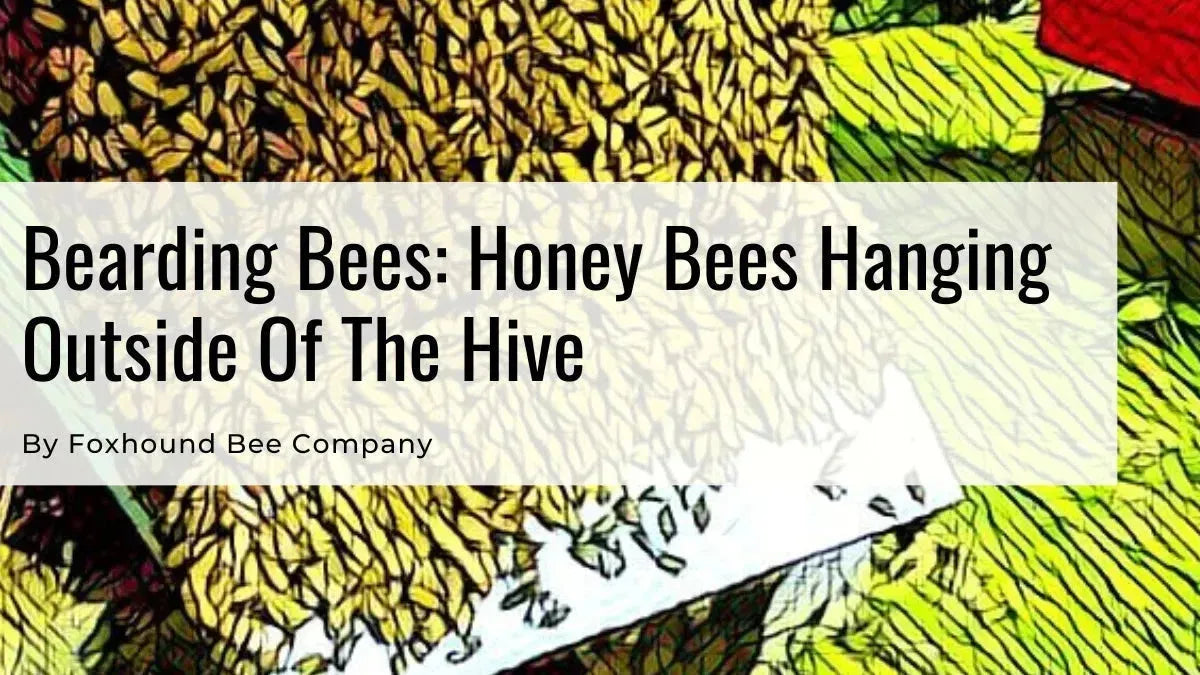
Bee Bearding: What It Is And Should Beekeepers Do Anything
Bearding is when honey bees cluster at the hive entrance, forming ‘beards’ or goatees. Discover why bees beard and what it indicates about hive health.
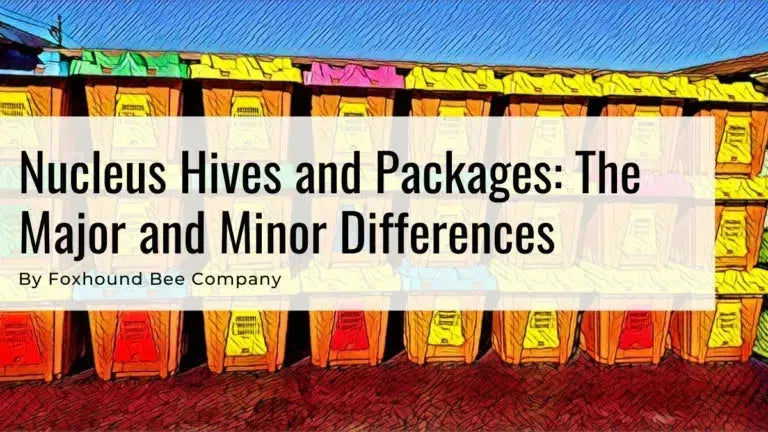
Nucleus Hives and Packages, The Major and Minor Differences plus What’s Next?
Our lesson on the differences between a package of bees and nucleus hives, presented in video in for beekeepers to understand which is best.

How Long Do Bees Live?
A honeybees life is actually a lot shorter than you might think and while the colony can possibly live forever, a single honey bee cannot.
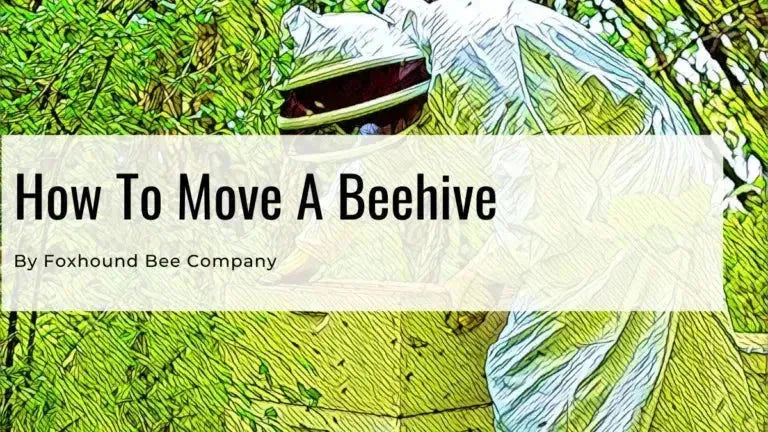
How To Move A Beehive
So, you put lots of thought into where you’d place your beehives , but for some reason or another, now you’ve got to move your honey bee hives. How do you...

What Is A Queen Cup?
So you have opened your hive up and you find all these things you don’t remember talking about in your beekeeping class . Right? That’s ok, you are not alone and...
